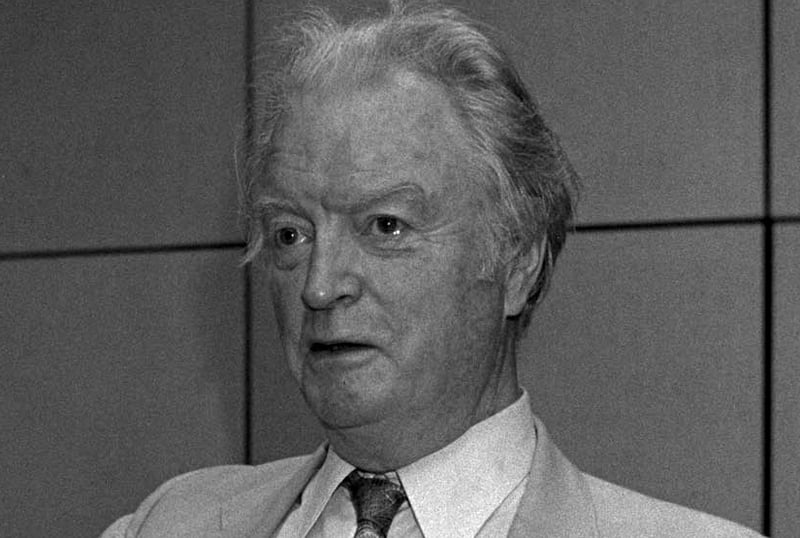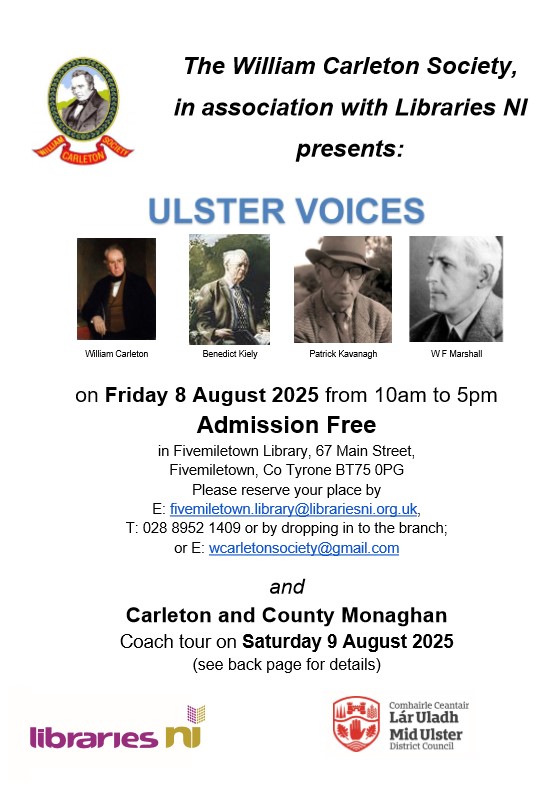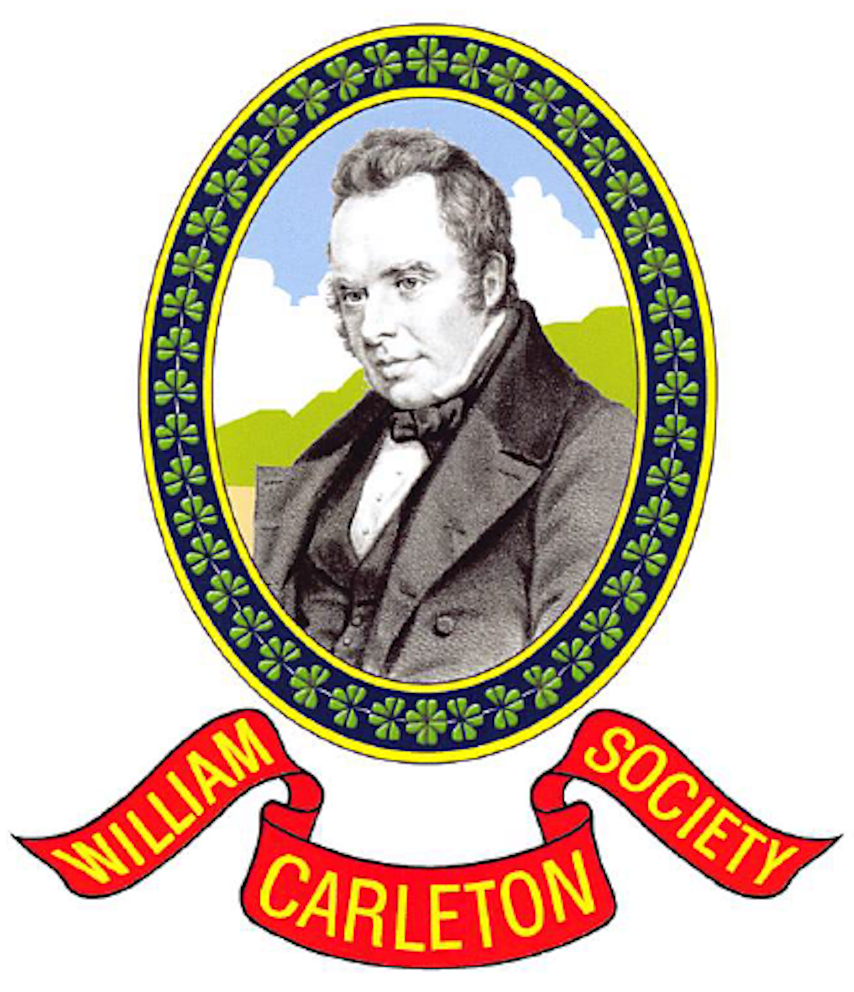Celebrating singular voices that savoured the memories and melodies of this place
Exploring the ties between people born into very different worlds, yet whose works still resonate
Paul Clements discusses the connection between the writer Benedict Kiely and the Clogher Valley novelist William Carleton
For the full article please purchase a copy of this week’s Impartial Reporter or buy a copy online.

Benedict Kiely was born on August 15, 1919 at Drumskinny, near Dromore, Co. Tyrone, as the youngest of a family of six. His birth came just weeks after the signing by the Allied Powers and Germany of the Treaty of Versailles at Paris on June 28, following the end of World War One. It was a turbulent summer with Ireland embroiled in a war of independence that had started in January that year. The following year, the family moved to live at Gallows Hill in Omagh, and in 1921 the Anglo-Irish Treaty was signed, leading to Partition – a subject that Kiely would later come to write about.
After his primary and secondary education at schools in Omagh, Kiely began a job as a sorting clerk and telegraphist in the town’s post office. He listened well to yarns, anecdotes and scraps of verse, understanding what they evoked in history, culture and mythology and the possibilities they opened up to the future writer; they were, for him, a crucially important badge of Irish identity.
After graduating from university in 1943, he began his professional literary career in Dublin, writing stories for newspapers and journals. Aside from his journalism, an energetic and creative impulse had taken hold and his mixed portfolio included reviewing books and plays, while at the same time completing two non-fiction books from the 1940s, reflecting his interest in culture, heritage and history. His first book, ‘Counties of Contention’ (1945) was an analysis of the origins of the creation of the Border in May, 1921. In 1947, Kiely’s widely acclaimed biographical and pioneering study of William Carleton, ‘Poor Scholar’, came to fruition.
Carleton was one of Kiely’s literary forefathers, who pursued a writing career in Dublin and became a principal figure in his work. Born in 1794, the son of a small tenant farmer in a whitewashed cottage at Prillisk near Clogher, one of his stories was, ‘The Legend of Knockmany’. The biography opens with a lyrical, cinematic and precise description capturing the drumlins and villages of the Clogher Valley countryside:-
“It is not mountainy land. It is not flat land. The tarred roads, linking the little towns together, rise and fall regularly over round rich hills, farmed to the top, held in place by a network of deep whispering hedges. Here and there the primitive force of the earth revolts from rich greenery, from fruitful furrows drawn by the rigid coulter; rises up into sombre moorland, or a ridge covered with coarse heather, or a hill planted with straight trees.”
‘A Benedict Kiely Reader: Drink to the Bird and selected Essays’ with an introduction by Paul Clements’ is published by Turnpike Books (2024).
ULSTER VOICES

Paul Clements is a native of Augher, Co. Tyrone who grew up in the village not far from Carleton’s Cottage in Springtown. The writer and former BBC journalist will be the main speaker at ‘Ulster Voices’, organised by the William Carleton Society in association with Libraries NI, being held in Fivemiletown Library on Friday, August 8th at 10:30am. This day-long event will continue with talks about the links between Carleton and Patrick Kavanagh by Shaun O’Boyle from the Kavanagh Centre in Inniskeen and about W.F.Marshall by William Anderson from Sixmilecross.
FREE admission but places should be reserved in advance by emailing: wcarletonsociety@gmail.com and indicating whether you wish to be included for lunch at the Valley Hotel for £15 (two courses).

